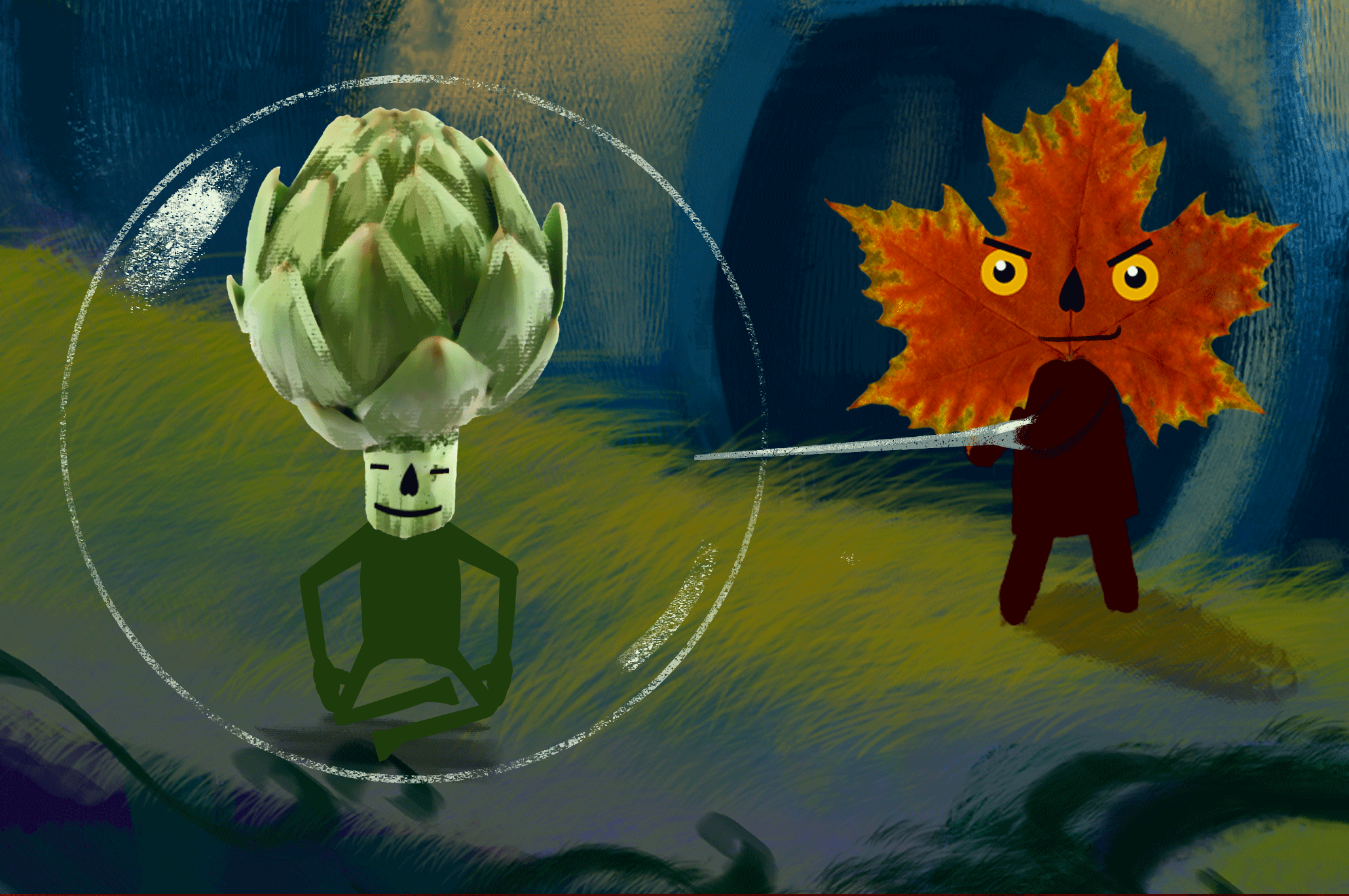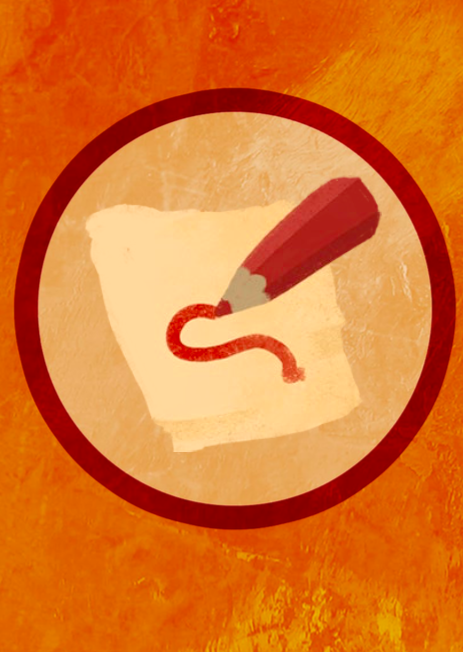Principals and Teachers
“The children were so engaged and it really enriched our PSHE (Personal, Social and Health Education) curriculum. The children’s language was enhanced through learning new vocabulary to help them express their feelings of anger at different levels. The project also allowed us to work on developing their speaking and listening skills through whole class, small group and paired discussions and activities.
The follow-up activities in the Teacher’s Manual really helped the children understand and apply the knowledge learned in the various games in the app and share this with the rest of the class.
It was incredible to see how much knowledge my students grasped! ”
“Wisdom was a great way to get my students thinking about emotions. It helped them break down the abstract idea of anger, by using visuals and games that focus on facial expressions, body language, tone of voice and universal triggers. They enjoyed the app itself, but it also led to deep conversations that we wouldn’t have had otherwise. I find my students to be more aware of their own emotions, as well as the emotions of their peers. ”
“When I first saw Wisdom, I was immediately struck by its creativity and by the pedagogy explained in the teachers’ manual. I had no doubt teachers would want to teach it in their class and that children would immensely benefit from it!””
Students
“This character popped the other character’s bubble and made him angry. I think he did it on purpose because he wanted to have that bubble and feel the same way. But he destroyed it when trying to steal it.”
“I feel angry when I can’t go to school when I’m sick because I love school”
“I feel angry when my dad is playing with his phone and doesn’t pay attention to me”
“When I feel angry, my body feels like it is almost going to explode...but it doesn’t explode”
“When I feel angry, my hands go crazy”
In this activity, children chose 3 colors to symbolize the 3 different parts of our brain represented as a tree: our emotional brain (limbic system), our thinking brain (prefrontal cortex) and our brain regulating primary physiology (reptilian brain)
“When I feel angry, I can’t think at all!”
Parents
“We are so thrilled Allegra’s class will continue to play Wisdom over the next trimester. Now whenever she feels angry at home, she goes and gets herself a big glass of water and drinks it up. It helps her cool down and she feels empowered that she can do something about it.”
“ I liked using the cards to find a partner who we matched with, and then we explained what happened in the scenario. I liked the funny faces. I do Art now when I’m feeling angry to take my mind off it.”
“I loved playing the games. You can help the angry person in the game with a superpower to help them feel happy again. If it’s not the right one the volcano will explode and the man is going to be more angry and even more angry.”
“I learned how to find solutions and if you’re upset when you hurt your friend you should say sorry.”
“I liked the different games because we won superpowers. I learned that we can be angry sometimes, we can be sad and we can use our body to show other people how we’re feeling. If I’m sad I say to my friends, ‘please can you help me be happy?”
“When we are cross we go in our own place and we calm ourselves and when we’re calm we then play with someone else.”
“I liked the time challenges! I learned that in our brain there are 3 parts. One part is for when you are angry. One is for when you are sleeping. One is for when we are thinking.”
“First of all I think this would be a great app for children and for people who are learning to control their feelings. When you feel angry you can cross your arms or take breaths. ”












